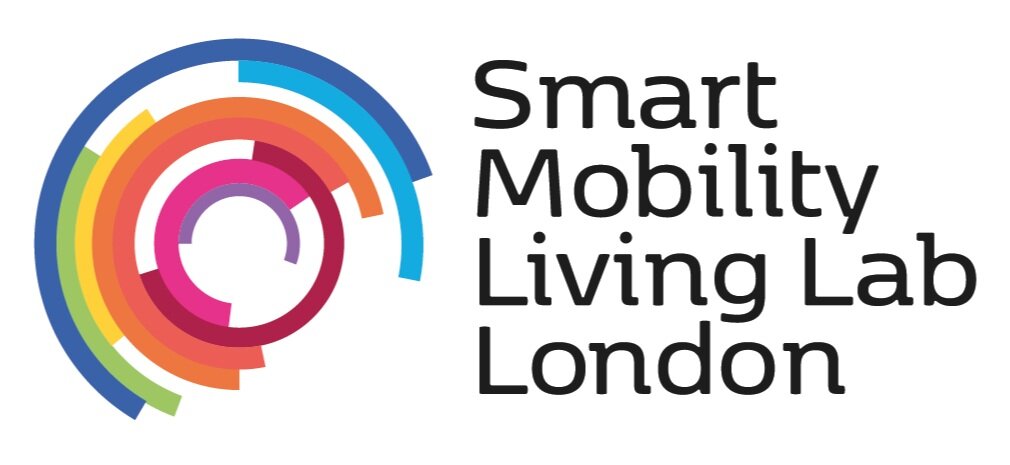How connectivity is vital in order to support new mobility solutions/smart city solutions
By NOEMI DE HEVIA MENDEZ, SMART CITIES TELECOM LEAD, DG CITIES
In our current society, technology develops and changes quickly. The features, capabilities and uses of our smart devices are totally different from the earliest mobile phones. They have clearly evolved, in many different ways, and it is becoming clear that we are quick to adopt even highly complicated and expensive technology if it makes our lives easier. These facts make the automotive industry a new ecosystem for new technology and connectivity challenges.
Innovative automakers, software developers and technology companies are leading a radical transformation in the automotive industry. They are improving and adapting existing technologies and introducing new ideas like artificial intelligence and the connected car to give us a driving experience that will be like nothing we’ve ever known. The car of the future will be electrified, autonomous, shared, connected and yearly updated.
Current trends show that 15% of all vehicles will be completely autonomous by 2030 and 53% of automotive and transportation companies believe better connectivity is the top driver for technology innovation. It is estimated that 90% of new cars will be connected to the internet by 2020.
What does connectivity mean in this context? On one hand, communication between cars or with traffic management infrastructure or between vehicle occupants and the outside world. But also, the car of the future will become a place between home and workplace, combining features of both and improving the travel experience.
Are we ready for this automotive revolution? It is predicted that autonomous cars will create up to 4,000 gigabytes (GB) of data per day, used and processed in a secure way. Smart Mobility Living Lab (SMLL) recently commissioned a report which examines the attitudes of 250 business decision makers to the future of Connected Autonomous Vehicles. According to the report, 47% of tech, transport and automotive leaders said in-vehicle tech was not advanced enough. Clearly, current networks are not ready to support the needs of an autonomous future. The connected car raises a new world of data management, privacy and ownership. This brings new challenges and obligations relating to the collection, use and protection of such data.
Connected vehicle technology is not yet sufficiently developed to enable a precise description of these requirements. The goal of Smart Mobility Living Lab (SMLL) is to create a smart road traffic ecosystem featuring connected vehicles using vehicle-to-vehicle (V2V) and vehicle-to-infrastructure (V2I) technologies, sensor fusion, industrial IoT platforms, cloud infrastructure, and edge analytics. Data will be exchanged through fibre optic networks, 4G LTE and 5G mobile networks and WiFi. This ecosystem will enable research and test new road and communication infrastructures, develop trust in data privacy and cybersecurity, bring ethical questions as well as analysing insurance and liability.
SMLL will serve as a stepping stone toward larger deployments of the autonomous and connected vehicle ecosystem and underpin the integration of existing or newer technologies and communication systems.
For more information on DG Cities, click here.
